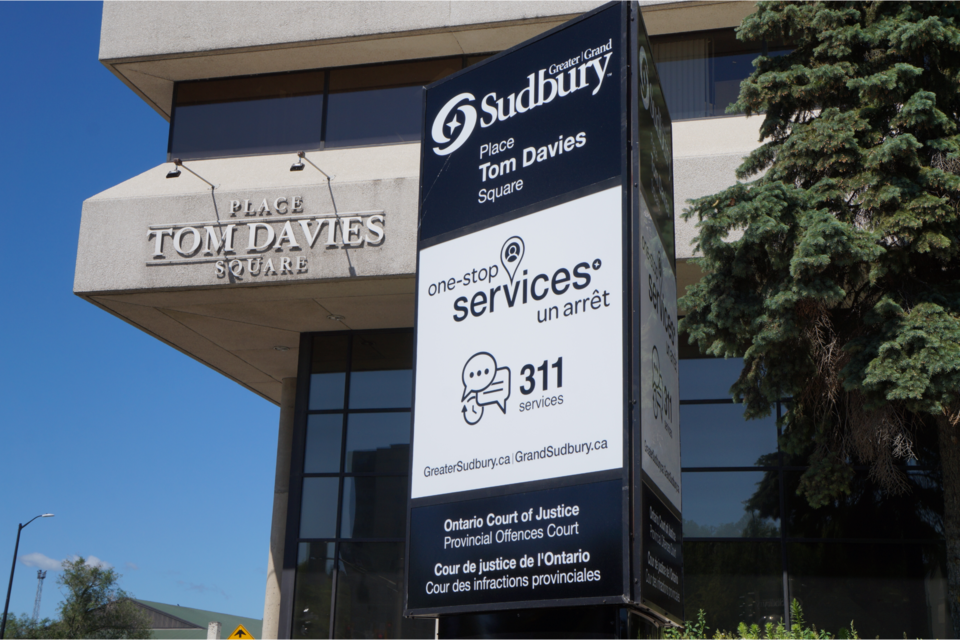Greater Sudbury is doing a better job of getting people into affordable housing. This and a few other metrics were highlighted in the 2021 report from the Municipal Benchmarking Network of Canada (MBNCan), released this week.
The MBNCan’s 2021 Performance Measurement Report compiles and compares key performance information from 13 Canadian cities, including the City of Greater Sudbury.
You can read the 2021 report here.
One area the city chose to highlight is in social services, specifically meeting core housing needs.
“Greater Sudbury continues to improve support for those who need core housing,” the release states. “A core housing need represents any resident paying more than half of their income toward rent. In 2021, 43.1 per cent of community members on the wait list for housing were placed. This represents a remarkable increase from the municipal median of 7.9 per cent.”
Although no comparison was provided, the city said it continues to have success trying out new waste collection strategies that have both reduced the amount of trash collected and increase the among of waste being diverted from landfills.
Another area of interest that emerged from the benchmarking is the stark difference between the amount of parkland being maintained by the City of Greater Sudbury versus the average among the 13 cities cited in the report.
“Greater Sudbury continues to have by far the greatest amount of parkland (natural and maintained), with 2,416 hectares per 100,000 population compared to the median of 465,” the city states. “The next closest municipality was London with 692 hectares.
“Greater Sudbury also had the lowest operating cost per hectare, at $2,458 compared to the median of $10,424.”
City CAO Ed Archer said the benchmarking efforts allows Greater Sudbury to compare its operations to other major Canadian cities and “inspires continues improvement” in municipal operations.
“This partnership provides us with greater insights into how our services compare with other municipalities, and inspires continuous improvement in our operations,” said City of Greater Sudbury Chief Administrative Officer Ed Archer, Chair of the MBNCanada Board of Directors. “This information helps keep us accountable to our residents and allows us to provide useful context and data to help inform Council's decision making.”
MBNCan is a network of cities that collaborate and share data. The annual report compares 36 municipal service areas, including roads, public transit, libraries, water and wastewater systems and long-term care.
